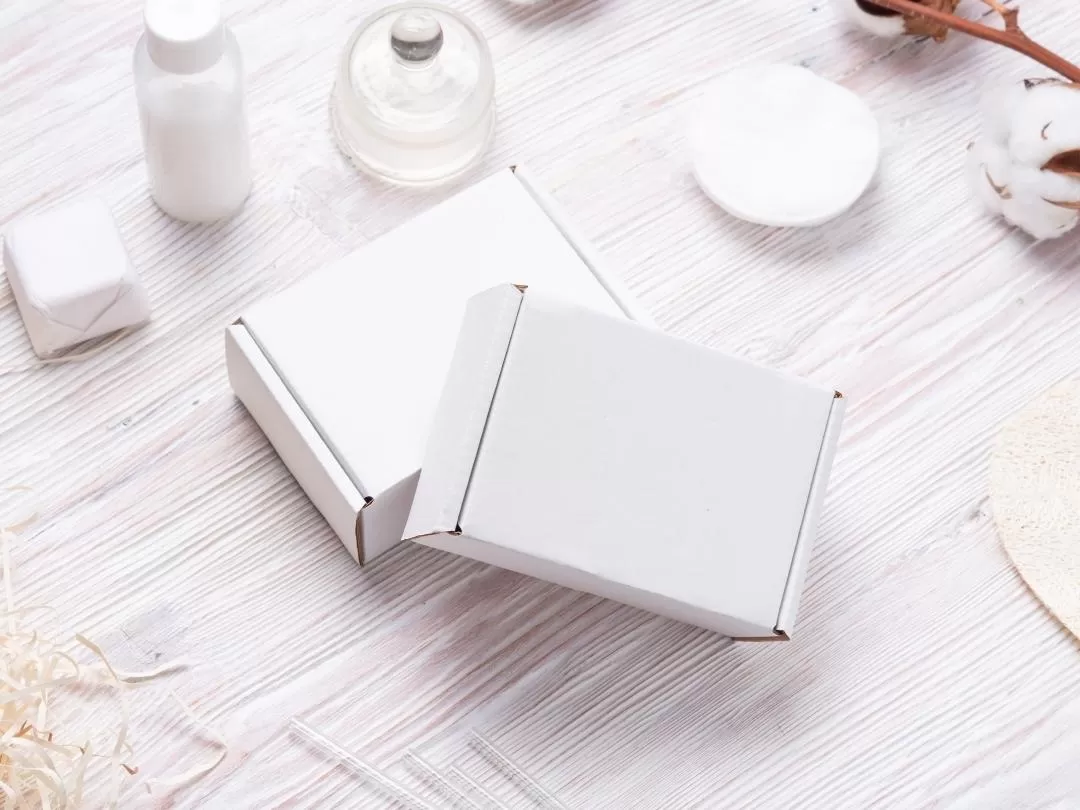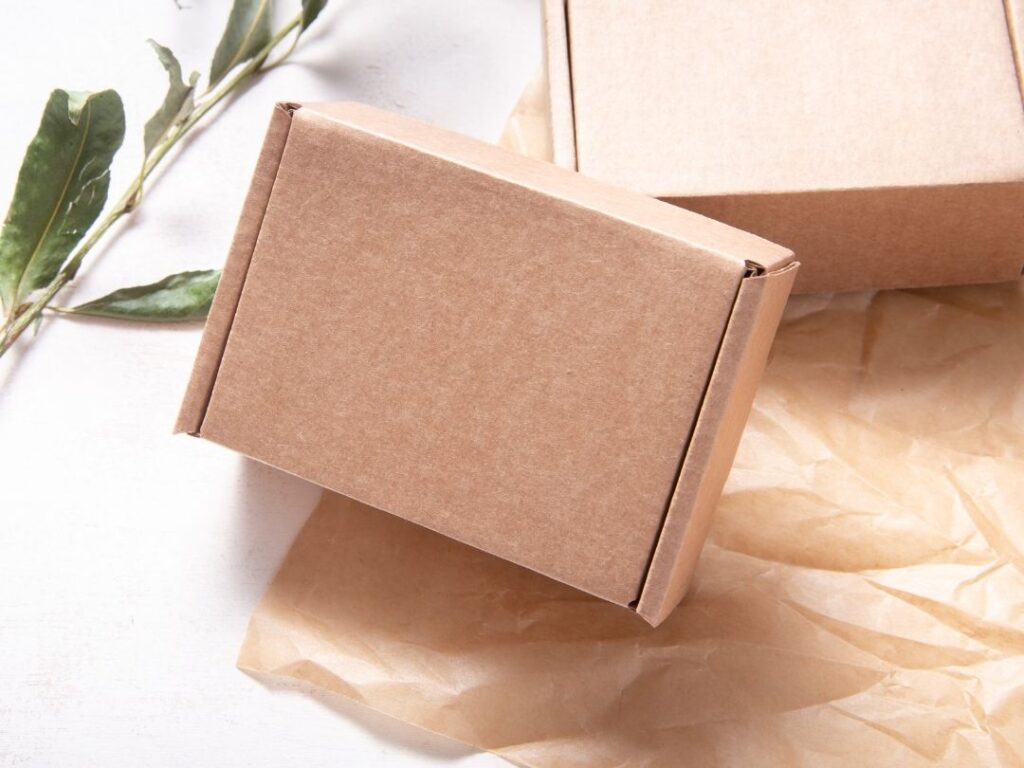How do cartoners work? The importance of machines in the packaging process

TAutomation of production processes is an inseparable element of modern industry. Among the advanced solutions that significantly improve the packaging of various products, cartoning machines deserve special attention. These versatile machines, designed for fast and precise packaging, are suitable for both large production plants and smaller companies. In this article, we explain how cartoning machines work and what benefits result from their implementation in production lines.
What are cartoners?
Cartoners are packaging machines designed to place a variety of products in cardboard packages. These devices, thanks to their versatility, are used in many industries - from food, through cosmetics, to automotive. Their design and functionality allow for easy adaptation to the needs of a given production line, making them extremely commonly used solutions in modern factories.
These machines can operate in horizontal or vertical mode. Depending on the type of products to be packed, the appropriate selection of structure allows for the effective packaging of both bulk substances and plastic elements. Moreover, cartoners enable fast and precise packaging of products, minimizing material losses and reducing the risk of product damage during the process. Their various functions and the ability to adapt to packages of different shapes and sizes make them versatile tools in the packaging process.
How are cartoners divided?
The variety of cartoning machine designs allows them to be precisely adapted to the requirements of specific production lines. The basic division includes vertical and horizontal machines, which determines how they work and the type of products they can handle. Vertical cartoners are perfect for packing loose and granulated products, such as fertilizer, powders or salt. This process requires precision and delicacy, while at the same time high efficiency. Horizontal cartoners, on the other hand, are mainly used for products that require stabilization during packaging. Thanks to their appropriate design, they ensure easy adjustment to the shape and size of the packaging.
The second important division criterion is the machine's operating mode. Cartoners operating in start-stop mode perform a work cycle with breaks, which allows for more precise control of each packaging stage. This is particularly useful in smaller production volumes or where greater precision is required. Continuous models, on the other hand, work continuously, which significantly increases efficiency and is used in large industrial plants.

Cartoning machines – operation
Cartoners are devices whose operation is based on full or partial automation of the product packaging process. Each stage of their work is designed to maximize production efficiency and ensure the appropriate quality of the packaged product. The packaging process can be divided into several phases.
- Forming the package
Cartoning machines start by forming a cardboard package. The machine takes previously prepared sheets of cardboard and folds them into the appropriate shape. This is particularly important in the case of packaging that must meet high requirements in terms of stability and durability. - Packing
Once the box has been formed, the machine begins packaging it. Depending on the type of device and product, this process can be automatic or performed manually by operators. Horizontal cartoners are great for packing products that require precise positioning. Vertical models, on the other hand, are dedicated to packing loose products such as fertilizers, granulates or powders. - Closing the package
Once the product has been placed in the package, the cartoner moves on to the closing stage. The most commonly used method is to close the boxes with glue, which ensures durability and tightness. In some cases, however, alternative methods can be used, such as snap systems, which allow for easy opening and closing of packages. - Integration with other devices
Advanced cartoning machines are often part of larger production lines. They can be equipped with additional modules such as label printers and even checkweighers. This type of integration allows for comprehensive preparation of the product for shipment, eliminating the need for manual work at later stages.
Why is it worth choosing cartoning machines?
Investing in cartoning machines is a step towards increasing the efficiency and competitiveness of the company. Implementing these devices brings many benefits that translate into better production results and customer satisfaction.
- Increased efficiency
Automatic packaging of products allows for significant acceleration of production processes. Cartoning machines enable quick forming, filling and closing of packages, which translates into savings in time needed to fulfill orders. This allows the company to serve more customers in a shorter time. - Cost reduction
Although purchasing cartoning machines is an investment, their operation allows for significant cost reductions in the long term. Automating the product packaging process reduces the need for manual labor and lowers labor costs. Additionally, these machines minimize material losses and reduce the risk of product damage, which also reduces operating costs. - Versatile use
Cartoners are commonly used in the food, cosmetics and pharmaceutical industries, among others. The possibility of configuring the machines means that they can handle both standard and more non-standard types of packaging. - Better quality and aesthetics of packaging
Packaging machines ensure precise formation of the packaging, which affects the aesthetics of the final product. Carefully packaged goods are better perceived by customers and increase their trust in the brand. - Production scalability
Cartoning machines are perfect for both small and large production plants. In case of increasing production, it is enough to expand the line with additional devices or introduce a more advanced machine model., which allows you to easily scale your business without the need to reorganize the entire process.
Proven cartoning machines from RADPAK
At RADPAK we offer comprehensive solutions for companies from various sectors. Our offer includes both cartoners, as well as machines for collective cartoning, tray and carton formers, and also vertical packaging machines. We also provide dosing systems, which enable precise packaging of bulk products. Each of our devices is characterized by high quality of workmanship and the ability to easily adapt to the specific requirements of the production line.
FAQs:
1. In what industrial sectors are cartoning machines used?
Cartoning machines are used not only in the food, cosmetics and pharmaceutical industries, but also in the automotive sector and in the production of household chemicals.
2. Can cartoning machines be integrated into an existing production line?
Yes, modern cartoners can be fully integrated into production lines, regardless of their specifics. Thanks to their modular design and advanced technology, they can easily adapt to requirements.
3. How do cartoning machines work in automated systems?
Cartoners in automated production lines perform important steps such as forming the carton, filling it with the product and closing the package. This process is carried out continuously or intermittently, depending on the type of machine.


